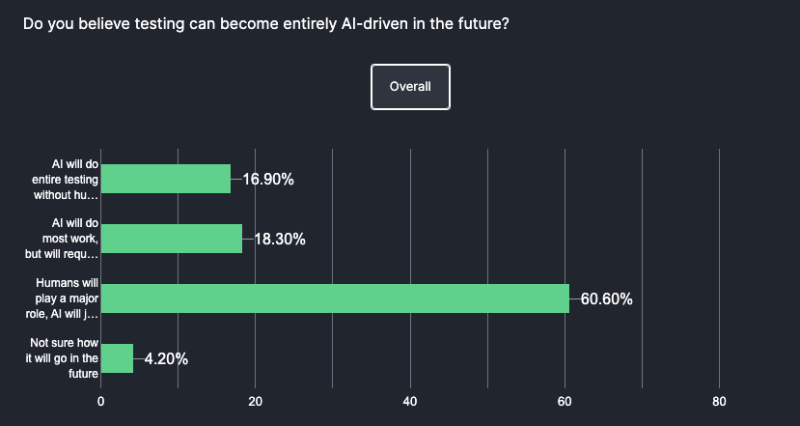This is a Plain English Papers summary of a research paper called “LLMs Unlock Mathematical Discovery: New Method Outperforms Traditional Symbolic Regression”. If you like these kinds of analysis, you should subscribe to the AImodels.fyi newsletter or follow me on Twitter.
Overview
This paper presents a novel method called “In-Context Symbolic Regression” (ICSR) that leverages large language models (LLMs) to discover mathematical functions from data.
ICSR allows LLMs to generate symbolic regression equations by providing them with relevant context, such as the input-output data and optional constraints or guidelines.
The authors demonstrate ICSR’s effectiveness on a range of benchmark problems and show that it can outperform traditional symbolic regression techniques.
Plain English Explanation
In-Context Symbolic Regression is a new way to use large language models (LLMs) to find mathematical functions that fit a given set of data. Instead of relying on typical symbolic regression methods, which can be complex and time-consuming, ICSR allows the LLM to generate candidate equations by providing it with relevant context, such as the input and output data, and optional guidelines.
The key idea is to prompt the LLM with the task of discovering a function that matches the given data. The LLM can then use its understanding of language and patterns to generate symbolic expressions that could potentially fit the data. This approach is more flexible and efficient compared to traditional techniques, as the LLM can explore a wider range of equation forms and quickly iterate on different candidates.
The authors demonstrate the effectiveness of ICSR on various benchmark problems and show that it can outperform existing symbolic regression methods. By leveraging the powerful language understanding capabilities of LLMs, ICSR opens up new possibilities for scientific equation discovery and data-driven modeling.
Technical Explanation
The In-Context Symbolic Regression (ICSR) method proposed in this paper aims to harness the representational power of large language models (LLMs) to discover mathematical functions from input-output data. Unlike traditional symbolic regression techniques, ICSR prompts the LLM with the task of generating candidate equations that fit the provided data.
The core idea is to give the LLM relevant context, such as the input-output pairs and optional constraints or guidelines, and then have it generate symbolic expressions that could potentially describe the underlying function. This approach allows the LLM to explore a wider range of equation forms and quickly iterate on different candidates, leveraging its understanding of language and patterns.
The authors evaluate ICSR on a variety of benchmark problems and demonstrate that it can outperform traditional symbolic regression techniques. They show that ICSR can discover accurate and parsimonious equations, even for complex functions, by effectively guiding the LLM’s equation generation process.
Critical Analysis
The ICSR method presented in this paper is a promising approach that extends the capabilities of LLMs beyond pure language tasks to the realm of symbolic regression and scientific equation discovery. The authors have provided a solid empirical evaluation, showcasing ICSR’s effectiveness on a range of benchmark problems.
However, the paper does not address several important limitations and potential issues with the approach. For instance, the authors do not discuss the scalability of ICSR as the size and complexity of the input-output data increases. Additionally, the paper does not provide insights into the LLM’s internal decision-making process during equation generation, which could help users better understand and interpret the resulting models.
Furthermore, the authors do not explore the robustness of ICSR to noise or outliers in the input data, which is a common challenge in real-world applications of symbolic regression. Investigating the method’s performance in the presence of noisy or incomplete data would be valuable for understanding its practical limitations and potential use cases.
Overall, the ICSR approach is a promising step towards leveraging the power of LLMs for scientific equation discovery, but further research is needed to address the limitations and challenges identified in this paper.
Conclusion
The In-Context Symbolic Regression (ICSR) method presented in this paper demonstrates a novel way to harness the capabilities of large language models (LLMs) for the task of discovering mathematical functions from data. By providing relevant context to the LLM, ICSR allows the model to generate candidate symbolic expressions that can effectively capture the underlying relationships in the data.
The authors’ empirical evaluation showcases the effectiveness of ICSR, which can outperform traditional symbolic regression techniques on a range of benchmark problems. This work opens up new possibilities for scientific equation discovery and data-driven modeling, leveraging the powerful language understanding capabilities of LLMs.
While the paper presents a promising approach, it also highlights the need for further research to address the limitations of ICSR, such as its scalability, interpretability, and robustness to noisy or incomplete data. Addressing these challenges will be crucial for the widespread adoption and practical application of this technology in real-world scientific and engineering domains.
If you enjoyed this summary, consider subscribing to the AImodels.fyi newsletter or following me on Twitter for more AI and machine learning content.










